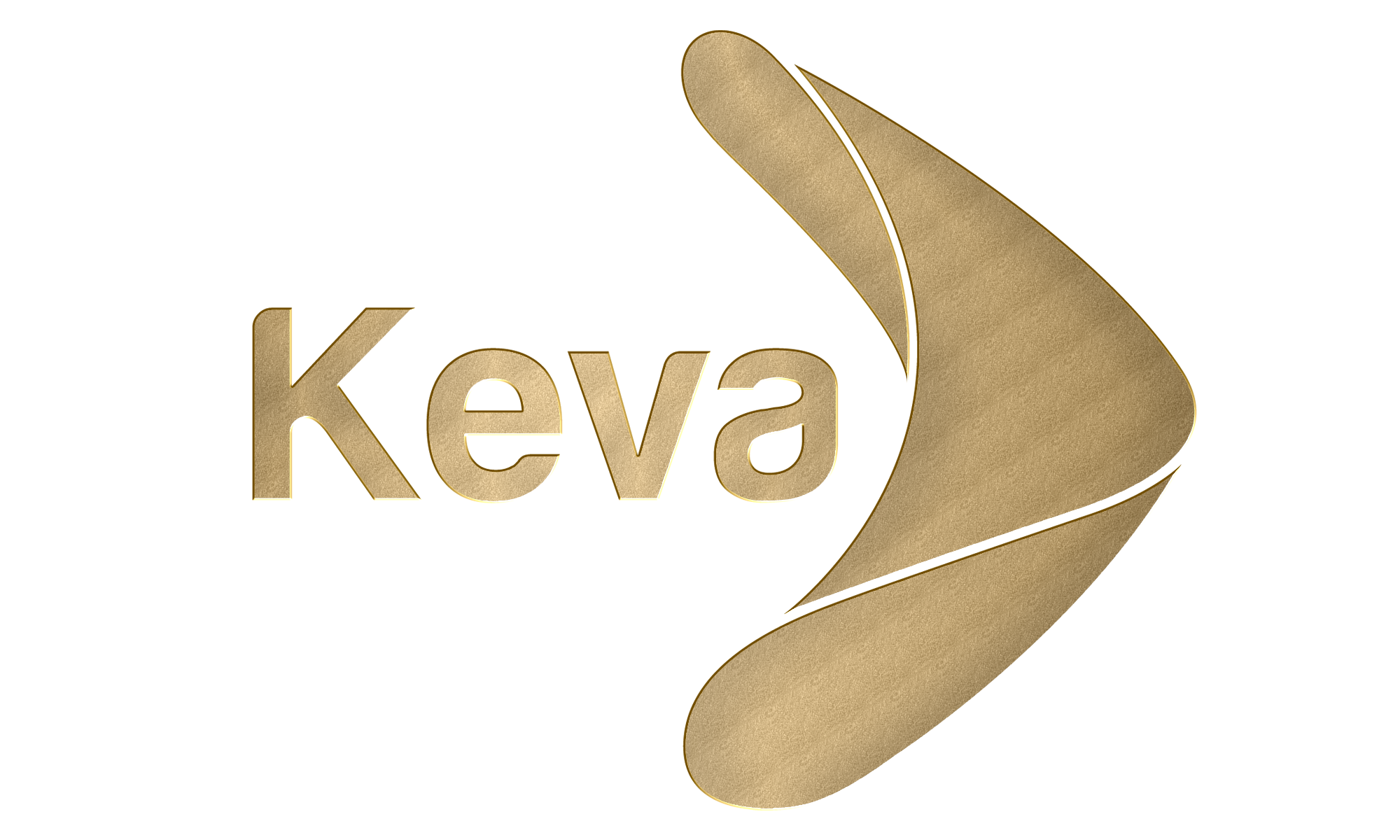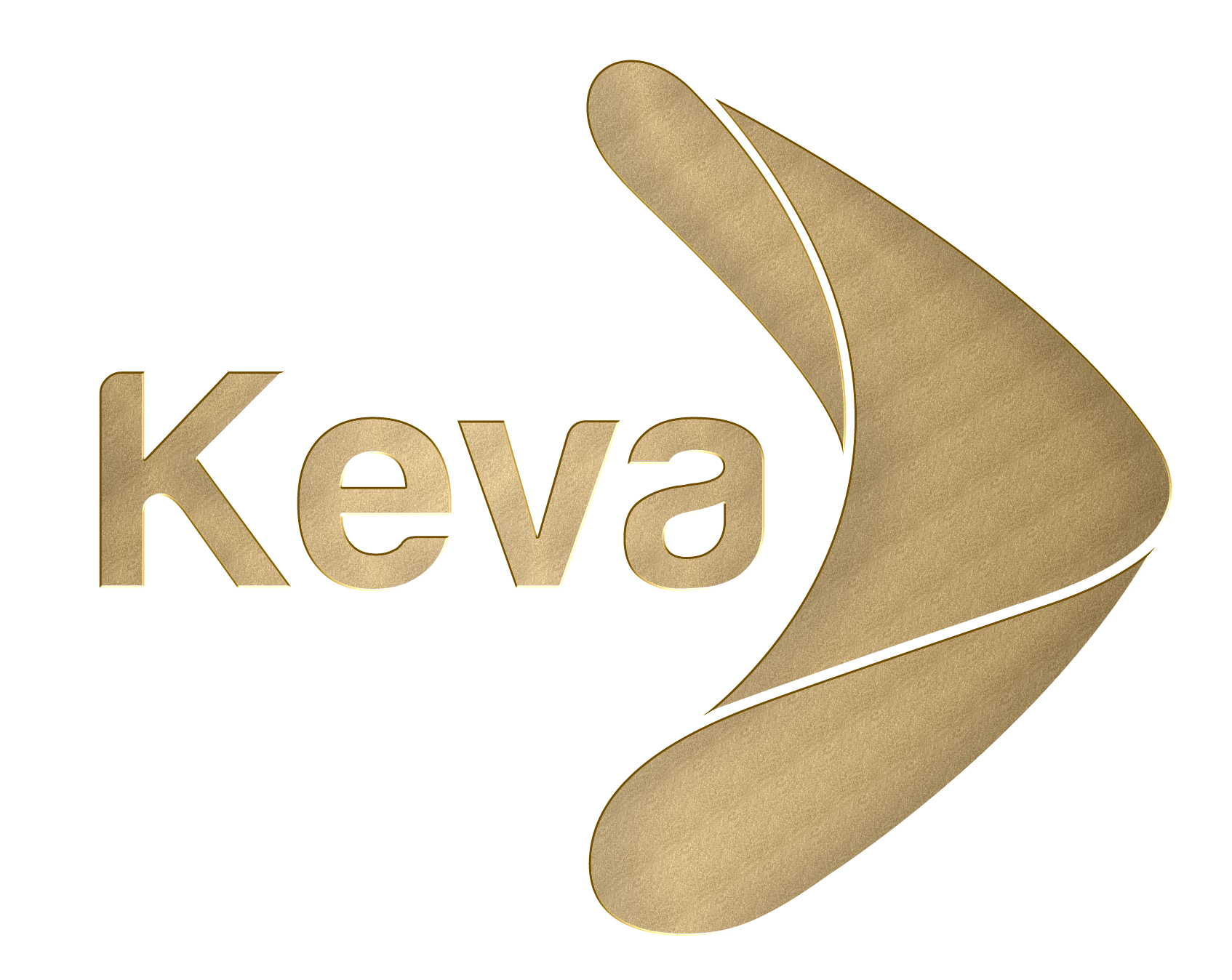At Keva, cruelty-free isn’t a label—it’s a legacy we’re building with science.
At Keva, our dedication to ethical science drives everything we do. We are deeply committed to eliminating animal testing through advanced, science-backed alternatives that ensure product safety without compromise.
Since 2000, Keva’s Kelkar Education Trust’s Scientific Research Center has been a trailblazer in in-vitro testing—pioneering India’s first Cosmetology Research & Testing Lab focused on non-animal technologies (NAT). Our Animal Biotechnology Lab, now a leading Contract Research Organization (CRO), delivers validated in-vitro studies for skin, oral, and cosmetic applications.
To strengthen our scientific rigor, we collaborate with global toxicology experts like Graham Ellis for non-animal risk assessments of our captive fragrance ingredients. Our assessments use scientifically robust methods such as read-across, threshold of toxicological concern (TTC), and exposure-based waiving, supported by OECD Toolbox and Toxtree modeling.
In 2023, we licensed Kreatis in-silico software, enabling predictive safety profiling of novel molecules with high accuracy—advancing our capabilities in computational toxicology.
We actively contribute to the global fragrance safety community through memberships and leadership in organizations such as IFRA, RIFM, FAFAI, AFSA, and SAAE. Our scientific teams publish regularly in peer-reviewed journals like Perfumer & Flavorist, Cosmetics & Toiletries, and SOFW Journal, showcasing research on upcycled actives, standardized botanical extracts, and skin-beneficial fragrance materials.
Keva’s commitment extends beyond R&D. We advocate for industry-wide change by leading discussions at scientific forums, sponsoring key events like ASCS 2024, and offering training and mentorship to help other fragrance houses transition to cruelty-free testing models.
While we comply with regulatory mandates only when absolutely necessary, our preference is always non-animal testing—delivered through validated in-vitro, in-silico, and exposure-based methods that are ethical, innovative, and scientifically sound.
We’re not just meeting standards—we’re helping define them.

